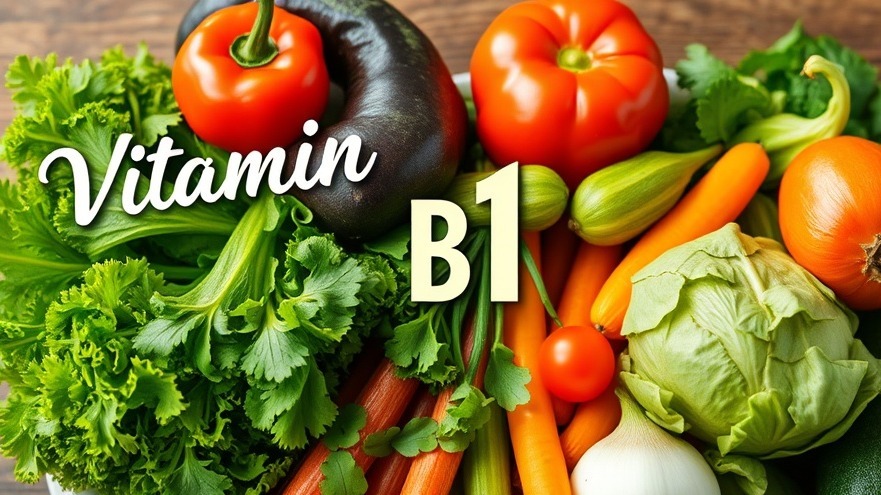
The Essential Timing of Hydration: A Key to Well-Being
Understanding the best time to drink water is not just about hydration—it's a crucial strategy for promoting overall health. Water plays a fundamental role in regulating body temperature, maintaining joint lubrication, and enabling essential bodily functions. However, the timing of your water intake can make a significant difference in how efficiently your body uses this vital resource.
In 'You Must Know Best Time To Drink Water 🥛🧊', the discussion delves into the crucial aspects of hydration timing, prompting us to analyse how these insights can enhance our health and lifestyle.
Why Timing Matters: The Science Behind Hydration
Research indicates that drinking water at specific times can enhance its benefits significantly. For instance, hydrating right after waking up kick-starts your metabolism, helps flush out toxins, and prepares your organs for the day's activities. Similarly, sipping water before meals can help with digestion and may even assist in weight management by promoting a sense of fullness.
Hydration Before and After Exercise: Boosting Performance
For those who engage in physical activities, the timing of water consumption is particularly relevant. Drinking water before exercising helps to prevent dehydration and maintains peak cardiovascular performance. Post-exercise hydration is equally essential, supporting muscle recovery and fatigue reduction. Listening to your body’s signals and drinking water when thirsty during workouts ensures you stay hydrated optimally.
Mindful Drinking: Learning to Listen to Your Body
Though general guidelines about water intake exist, it’s important to recognize that every individual has different needs based on their activity level, climate, and overall health. Developing a mindful relationship with drinking water involves paying attention to your thirst cues and recognizing when your body is signaling a need for hydration.
The Social and Cultural Connections: Reinventing Hydration
In various cultures, drinking water is often a communal activity, from sharing a glass of water during meals to offering it as a form of hospitality. Recognizing these social connections can inspire a more profound understanding of hydration's role beyond mere physical necessity—it is also about community and togetherness.
Counters and Controversies: Challenging Common Myths
Many myths surround the best practices for hydration, such as the age-old saying of drinking eight glasses of water a day. While staying hydrated is essential, the optimal amount varies from person to person. Challenging these misconceptions allows us to embrace a more personalized hydration approach and encourages experimentation to find what works best for each individual.
Future Trends: How Technology Will Shape Our Hydration Habits
The future of hydration is exciting, with innovations such as smart water bottles that remind users to drink, apps that track water intake, and even wearables that monitor hydration levels. As technology continues to integrate into our daily health practices, staying adequately hydrated is becoming increasingly accessible and tailored to personal needs.
Practical Tips for Developing Better Hydration Habits
To foster better hydration habits, start by keeping a water bottle with you throughout the day, set reminders to drink at regular intervals, and incorporate hydrating foods into your diet, such as fruits and vegetables. Simple changes can lead to significant improvements in overall health and hydration.
 Add Row
Add Row  Add
Add 




Write A Comment